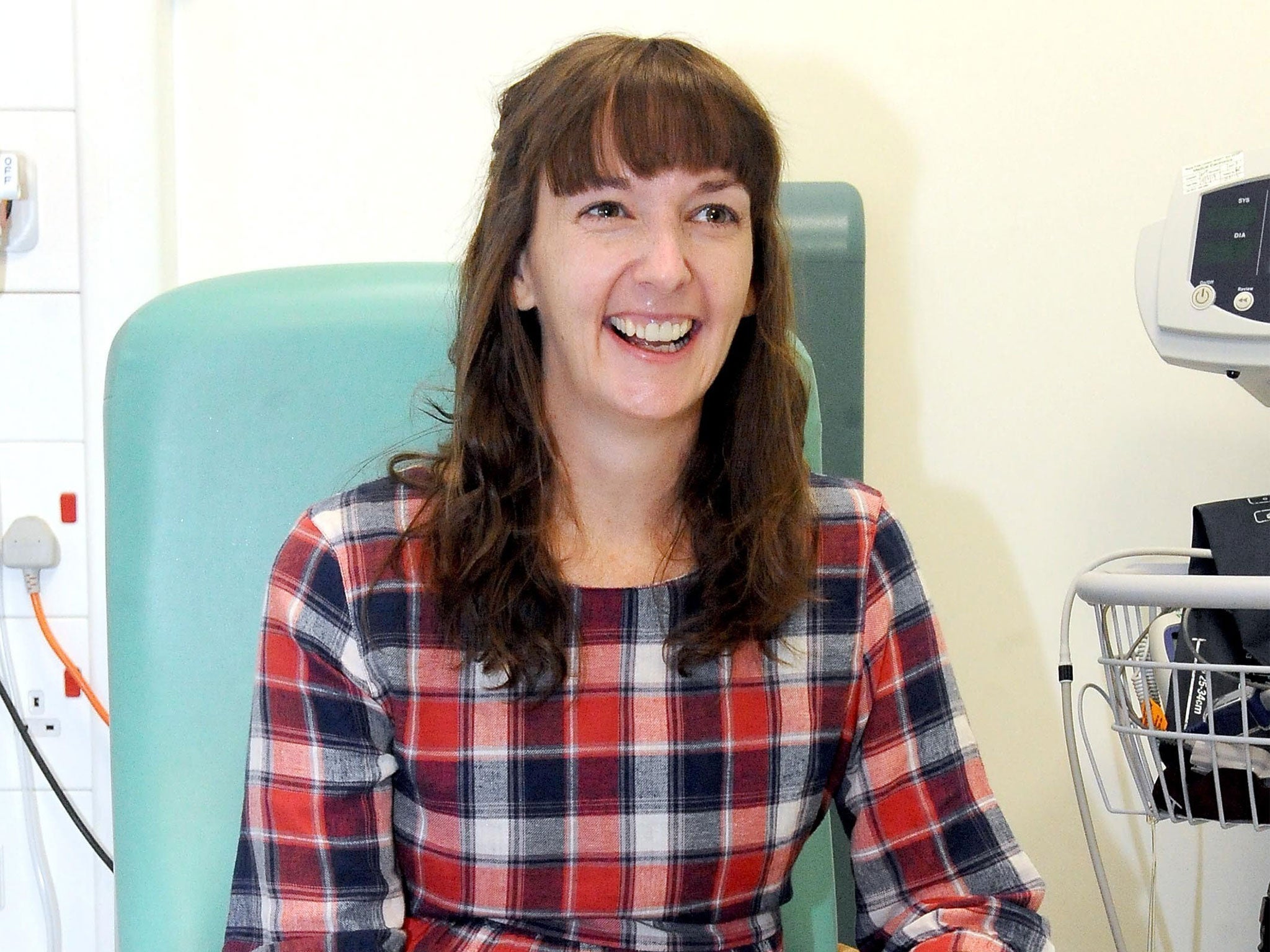Pauline Cafferkey: The British nurse who survived Ebola and is now back in isolation
Ms Cafferkey is in a critical condition

After recovering from Ebola, the Scottish nurse Pauline Cafferkey is in a critical condition once again after complications from the deadly virus.
Ms Cafferkey’s name continues to appear next to ‘Ebola’ in headlines as baffled health experts attempt to understand this concerning and unprecedented development.
Who is she?
In December 2014, Ms Cafferkey, a community nurse from Cambuslang in South Lanarkshire, became the first Briton to be diagnosed with Ebola while living in the UK.
The 39-year-old was one of the first groups of NHS volunteers to be dispatched to West Africa after it was hit by the worst Ebola epidemic in history. She has been a nurse for 16 years and was apparently inspired to join teams out there after watching scenes of Ethiopian famine on television in the 1980s, according to the BBC.
Ms Cafferkey contracted the virus while working as a volunteer with Save the Children in Sierra Leone.
In a diary she kept while nursing Ebola victims, Ms Cafferkey described the smell of chlorine hitting her the moment she stepped off a plane in Sierra Leone.
But despite the grim reality of her situation she appreciated the beauty of her surroundings, writing in her first week: “Being coastal we are very fortunate to get to walk along a beautiful beach every day to get to the hotel that serves our food.
“Although I don’t get to see a great deal of Sierra Leone, from the journey to work and the area surrounding where we are staying, I can tell it is a country of immense natural beauty. Not only that, but we pass a small mangrove with crocodiles every day, not your average walk to work.”
After returning to Britain and testing positive for Ebola, Ms Cafferkey spent a month in isolation at the Royal Free Hospital before she was eventually discharged.
A number of Ebola survivors have given numerous interviews to the press, but she has largely eschewed media attention in recent months and appeared keen to return to normality. She started working as a nurse in Blantyre again in March.
However, unlike other survivors, she struggled to recover fully from her illness and experienced joint pains and problems with her thyroid. She was eventually re-admitted to a hospital in Glasgow last week and is now being treated in the same specialist isolation unit she was first cleared in after her condition deteriorated. The hospital said she is now “critically ill”.
What have the experts said about her illness?
Jonathan Ball, professor of molecular virology at the University of Nottingham, summarised her situation as “frankly staggering”.
He told The Guardian: “I am not aware from the scientific literature of a case where Ebola has been associated with what we can only assume as life-threatening complications after someone has initially recovered, and certainly not so many months after.”
Join our commenting forum
Join thought-provoking conversations, follow other Independent readers and see their replies
Comments